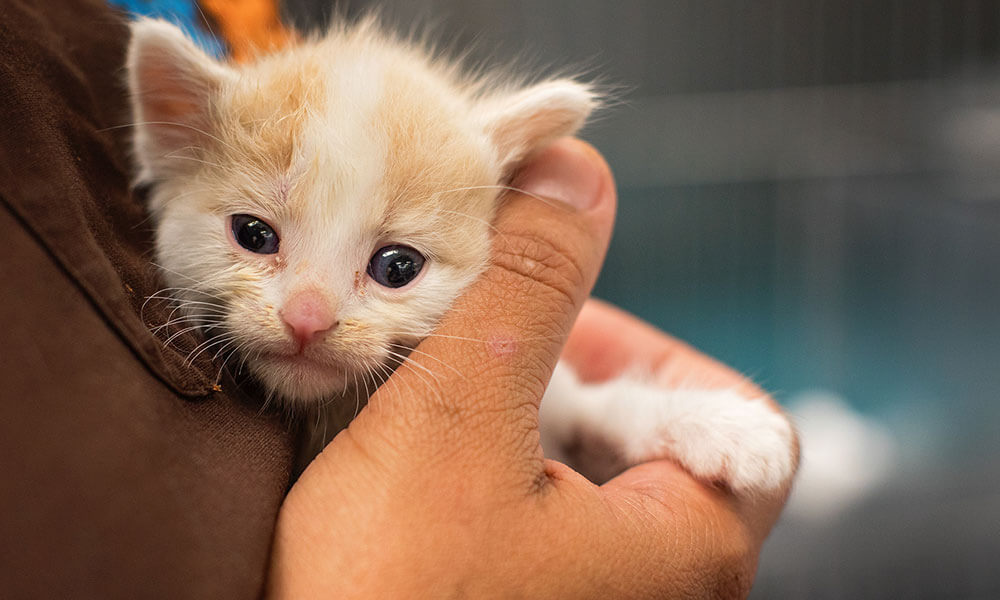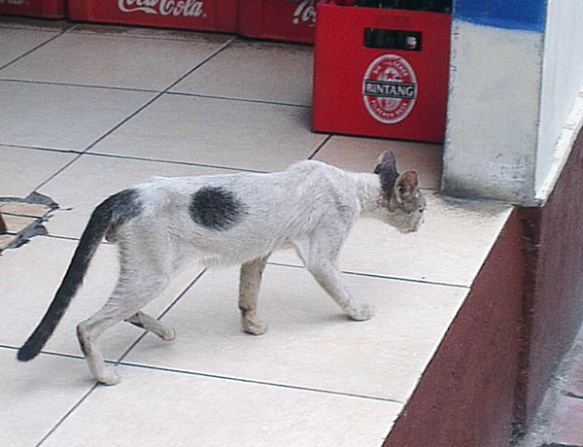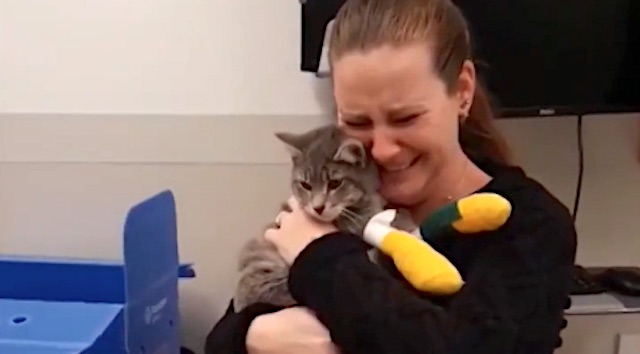According to a study published on the NCBI website, 15% of owners lose their pet not less than once over five years.
Considering that 30% of American homes own a cat, it shows that many of our feline friends tend to leave the home and get lost.
Losing a cat is devastating for any pet parent. The thought of your furbaby out there in the cold can throw you into real panic mode.
You can’t shake off the feeling that she’s being terrorized by a wild animal. What if she’s stuck somewhere calling for your name?
You hope above all things that she is alive and healthy. So, what are the chances of finding your lost cat? Well, we’ll find out short but before then…
Why Do Cats Get Lost?

Our feline friends love their homes but they also wander off sometimes. These are some of the reasons;
- Love: Cats that haven’t been fixed tend to get lost from time to time in search of a mate. When females come on heat, their bodies tell them to go out there and mate so they can reproduce. Toms, on the other hand, cannot resist a female on heat.
Related Posts: How Long Does a Male Cat Stay in Heat?
- Curiosity: For the most part, cats leave the home just out of curiosity. They desire to know what lies beyond the borders of the home.
- Hunting: Cats have a deep predatory instinct. In the wild, felines spend most of the day and night hunting small game. Even with an endless abundance of food at home, they can leave home to hunt mice, birds, and snakes. The process can take them far from home for days.
- Better food at the neighbor’s: If your kitty has a habit of leaving home all the time, chances are that she gets a meal at the neighbor’s house. Perhaps the food is yummier than what you offer at home. Or just that it is more abundant.
- Boredom: being in one place all day can get boring. Bored cats that don’t go on walks or those without any kind of mental stimulation tend to wander off in search of some fun.
What are the chances of finding a lost cat?

In 2018, a group of researchers launched a study on the search methods for locating missing cats. They conducted questionnaires to more than a thousand homes with cats for five years.
These are some of their findings:
- Out of the 1210 missing cats studied in the project, 61% of them were reunited with their owners within one year.
- 34% of missing cats were found alive within 7 days.
- Through a physical search, 75% of the kitties were recovered 500m away from the point of escape
- Only a few felines were found alive after 90 days.
The point of stating all these figures is to give you real facts on recovering lost cats.
From the findings, it is clear that there’s a high likelihood of finding a missing cat if it hasn’t been gone for too long.
The more you wait to go out there and search for your feline friend, the lower the chances of finding her alive.
The research went on to say that indoors cats never wander beyond 500m of the home. Outdoor cats go much further but they often find themselves back if nothing harmful happens to them.
If you own an indoor pet, you want to check different spots at home. Sometimes these creatures need some time off and hide in different places.
Take a look at the bottom of the closet, under the car, in one of the trees around the compound, etc.
If it’s an outdoor cat, check your property and the areas beyond. Keep calling out her name. Perhaps she’s stuck somewhere waiting for you to save her.
Chances of finding lost cat after 24 hours

Stats by a 2012 survey by the ASPCA revealed that the odds of finding a cat in general, stand at 75%.
When we go back to our earlier study, 34% of lost cats are likely to be recovered alive after 7 days.
Both of these findings point to the fact that the chances of finding a lost cat within 24 hours are pretty high.
Odds of finding a lost cat after a week
After 7 days, the hopes of recovering a cat alive dwindle a bit. However, many homeowners have found their pets way after this.
For cats without an ID tag or a microchip, locating the owner can be pretty difficult.
Even if the cat is taken to the shelter, there’s no way of contacting you.
Without a thorough search and calling rescue centers, it may take a while for the reunion to happen.
So, yes the hopes of finding a lost cat a week go down but all hope is not lost at this point.
When to stop looking for a lost cat

Before you give up on your cat, you have to do all you can to recover her first.
Call and visit as many shelters as possible, put out ads around the neighborhood and online, search the area thoroughly, post on Facebook and Craigslist, and set human traps.
As a parent, don’t give up. Keep looking for as long as you can.
Pet FBI shows stories of cats reunited with their owners long after they went missing.
Closing Thoughts
The first thing that comes to mind when you lose your beloved cat is finding her dead.
While that is a possibility, try to breathe and relax.
If you take action as soon as possible, the chances of recovering your cat alive are pretty high.
No matter what, keep looking and hoping to see the beauty.

Hi! I am Eleanor Price. I started this website after my cat, Louie, almost died from a case of botulism (a type of food poisoning often caused by bacteria that grow on food items). Turned out that my cat’s diet was the problem. I have made it my duty to provide the best information and recommendations about everything cat lovers need to know about their felines’ health and wellbeing. My goal is to find the most informative content on anything feline-related and share it with fellow hardworking kitty lovers.

